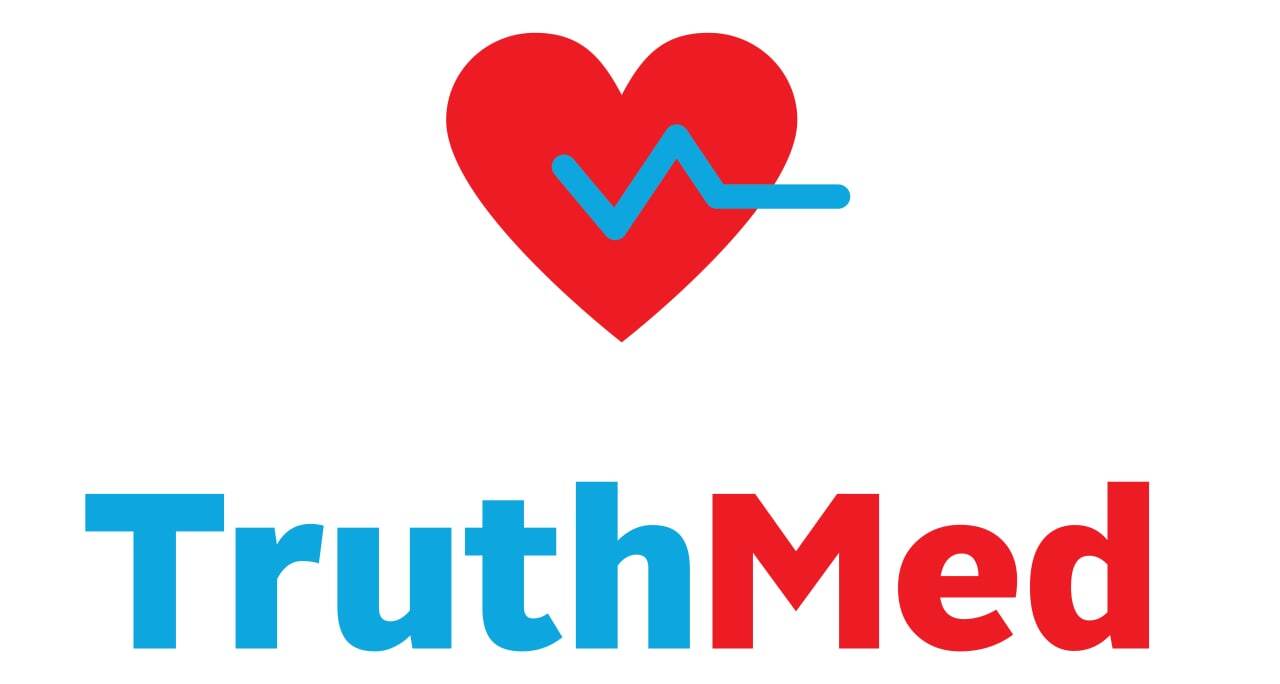Man Dies After Rare Blood Clot Disorder, Received Moderna Bs19 Vax
By Paul Rick
A man has died in Pittsburgh, Pennsylvania after receiving a second dose of the Moderna COVID-19 vaccine, and was determined to have possibly had a rare and severe blood clot condition called thrombosis with thrombocytopenia when he presented to the hospital, according to a report.
The case report of the 65-year-old man is detailed in a letter to the academic journal Annals of Internal Medicine published on Monday. The journal announced on Twitter that the research led by Dr. Swathi Sangli “is believed to be the first case of #thrombosis with thrombocytopenia after a messenger RNA #COVID19 vaccine.”
Authors of the study said their report “complicates hypotheses that implicate adenoviral vectors as the sole cause of VITT or TTS.” The COVID-19 vaccines that are based on deactivated adenovirus include the AstraZeneca and the Johnson & Johnson (J&J) vaccines, which have previously seen reported cases of thrombosis with thrombocytopenia.
In the latest case study, the man, who had chronic hypertension and hyperlipidemia, died after blood clots formed in his lungs, legs, and then ultimately his brain, after having taken the mRNA-based Moderna vaccine, healthcare professionals at the Allegheny Health Network in Pittsburgh wrote in their case report.
The man had presented to the hospital with one week of discomfort in both his legs, intermittent headaches, and two days of shortness of breath. According to the report, the symptoms started 10 days after he received a second dose of Moderna’s COVID-19 vaccine. He died 12 days after arriving at the hospital.
The authors wrote that, in retrospect, the man “met the criteria” for a serious form of blood clotting known as vaccine-induced thrombosis with thrombocytopenia (VITT), also called thrombosis with thrombocytopenia syndrome (TTS), citing case definition from the Centers for Disease Control and Prevention (CDC).
The condition is similar to heparin-induced thrombocytopenia (HIT), but the man had no known heparin exposure before presenting to the hospital. However, the authors acknowledged that they “cannot rule out atypical HIT or HIT with unrecorded heparin administration” in this case.
The report authors said they were unable to pinpoint other causes for his condition, including COVID-19, other infections, immune thrombocytopenia, or another rare blood disease called thrombotic thrombocytopenic purpura (TTP).
“Had we suspected VITT or TTS earlier, we would have treated the patient differently,” they wrote.
According to the American Society of Hematology, heparin should be avoided “until TTS has been ruled out or until an alternative other plausible diagnosis has been made.”
During the man’s stay at the hospital, he was given unfractionated heparin, which helps stop new blood clots from forming. But the man developed an acute hematoma in his gluteal muscles three days later that required doctors to withdraw the heparin.
Twelve hours after that, the man developed acute encephalopathy, and a CT scan showed cerebral venous sinus thrombosis (CVST)—a clot in the brain that prevents blood from draining out of it. This time, doctors started treating the patient with bivalirudin, a non-heparin therapy that prevents blot clots, and started a procedure called plasmapheresis, but the man continued to deteriorate, and ultimately died.
Within 24 hours of the man having started the new anticoagulant therapy, blood tests showed he had methicillin-sensitive Staphylococcus aureus, and antibiotics were given.
The authors said that “such a rare event, even if confirmed by additional reports, should not prevent” people from taking COVID-19 vaccines that use mRNA technology, which they said it was “important to note that many millions of people” have received such vaccines. In addition to the Moderna vaccine, the Pfizer-BioNTech vaccine for COVID-19 also uses mRNA technology. No such rare blood clot has been recorded after administration with the Pfizer vaccine.
